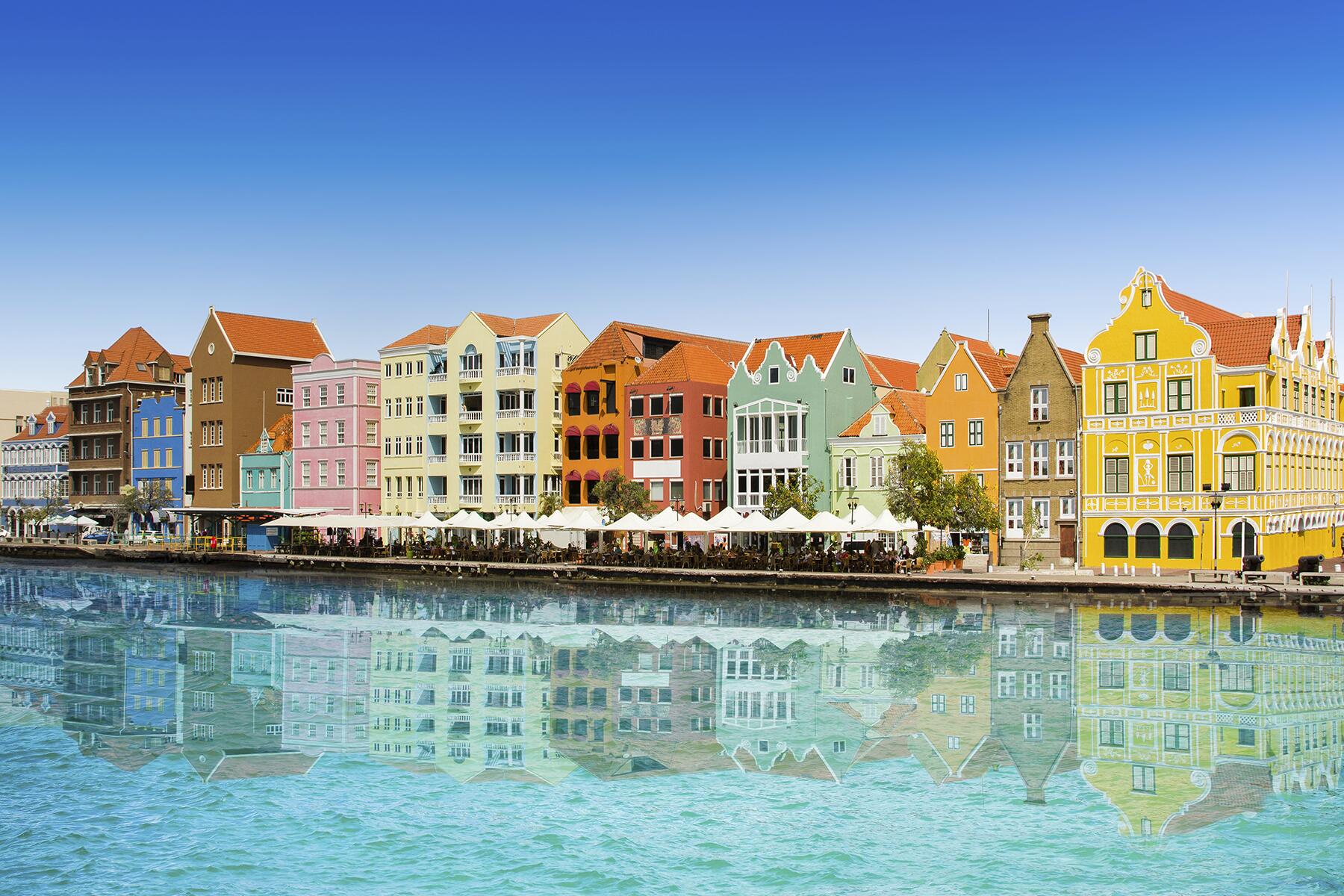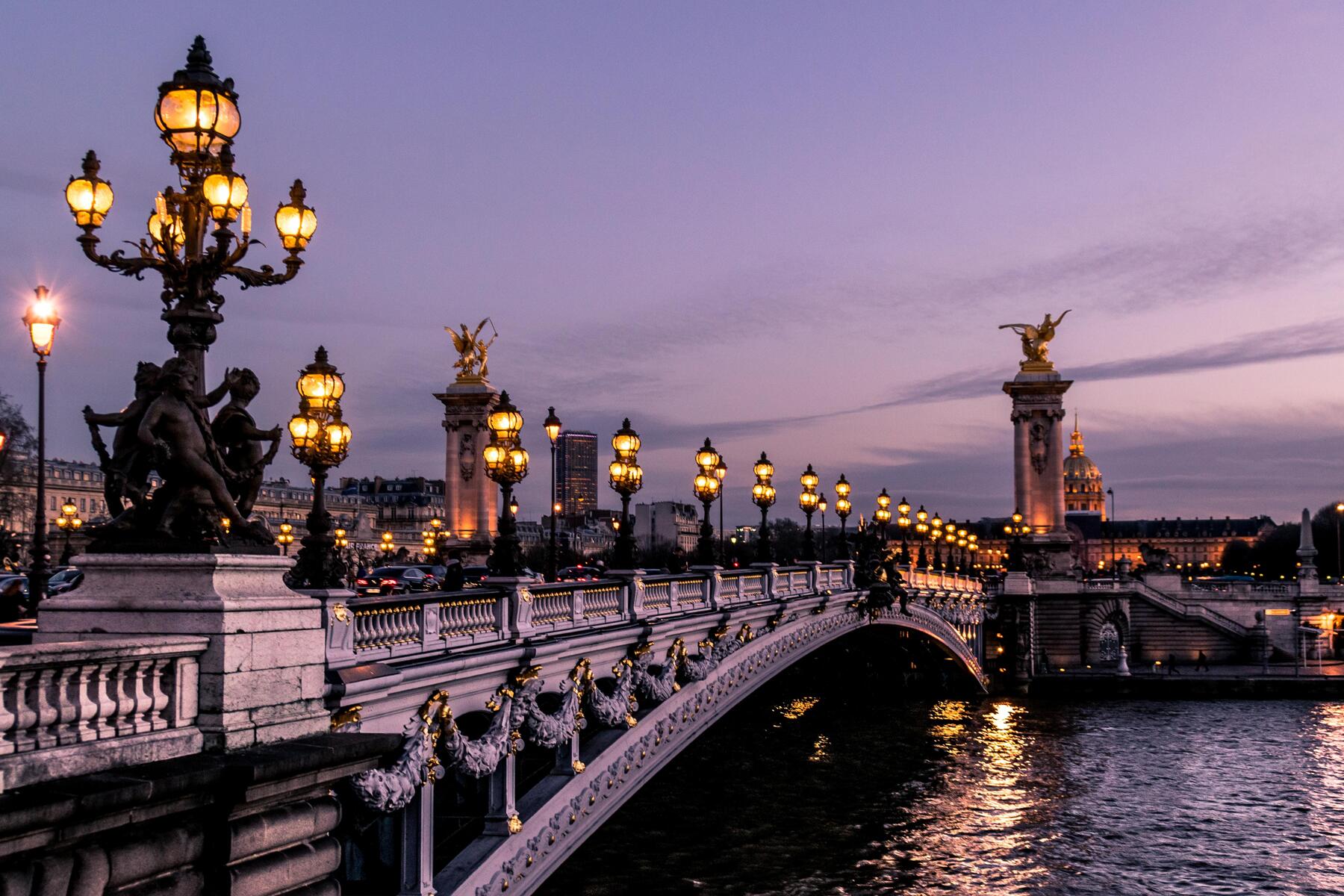Not only is it the landmark with the most rip-offs, but it's in the European country with the most scams.
A British travel insurance comparison website has analyzed reviews from travel websites for top European destinations, and found that the number of reviews that mention scammers are particularly high in France.
The survey, conducted by quotezone.co.uk, found that the attractions with the highest number of reviews mentioning scams were the Eiffel Tower, and the Cathedral of Notre Dame, both located in Paris. More tourists complained about scams in Paris than any other European destination.
The Eiffel Tower in particular had 537 scam mentions—out of 748 total reviews mentioning scams for France, which is the most mentioned country in the survey by a wide margin. Second place Spain had 91 mentions of scams, followed by Italy (72), Turkey (67), Greece (64) and the United Kingdom (37).
The Eiffel Tower is a popular spot for scammers, including some common scams hardly unique to Paris. Unique to the site are false ticket scams duping travelers into thinking they can skip long ticketing lines, or overpriced, low-quality tours of major sites in the city.
It’s worth noting that France may also have a high number of reported scams because it’s the world’s most visited country—more tourists mean more opportunities for tourists to be scammed.
Recommended Fodor’s Video
The site also listed some top travel scams, although some of them were curiously un-scammy in their descriptions. It called out some restaurants charging more money based on the location of the table, but that’s not necessarily a scam limited to a few unscrupulous restaurants. Cafés in France have long had a tiered pricing model, charging the highest prices for diners at outside tables, slightly less for those at inside tables, and the least for patrons at the bar.
The website encourages travelers to buy their tickets for top attractions in advance from secure websites or other official channels to avoid exposure to risk of scams. In a holdover from COVID-19 distancing requirements, many European attractions will sell tickets for specific timeslots, and many of them have easy-to-use websites or apps for ticket sales.
What Travelers Should Do if They’re Scammed
In Europe, many major capitals have specific English-speaking police units dedicated to handling tourism crimes. Victims of scams should report the details of their situation to the authorities immediately. U.S. citizens can also request assistance from the nearest U.S. consul or embassy, where they can receive general information about local law enforcement processes, a list of interpreters or English-speaking legal counsel. Many consular offices also track reports of crimes committed against American citizens in their country. The theft of a U.S. passport should always be reported to the nearest consular office as soon as possible.
Travelers can also share their experiences on social media so that other travelers can be aware of which scams are being perpetrated in which locations (like the ticketing scams common around the Eiffel Tower).
How to Avoid Scams
In short—be suspicious. Anybody who seems too friendly or helpful—particularly in areas frequented by tourists—should be interacted with cautiously, especially if they start off using English in a country where it’s not the primary language. Most scammers are adept at identifying tourists, and will generally use English to pose their scam from the get-go. Local citizens who might want to get your attention to tell you your shoelaces are untied or your handbag is falling open will more likely attempt to communicate first in the local language unless they’re interrupting your English conversation.
It’s also good sense to avoid street performances (pickpockets tend to work those crowds while everyone is distracted), situations that might turn into a crowded crush (like someone “accidentally” dropping their suitcases on the escalator causing riders to pile up), or any other situation that would cause travelers to momentarily lose awareness of their surroundings and the location of their belongings.
Petty crime is thankfully the biggest annoyance many travelers will encounter when traveling in Europe, and even that can often be avoided by maintaining vigilance.




